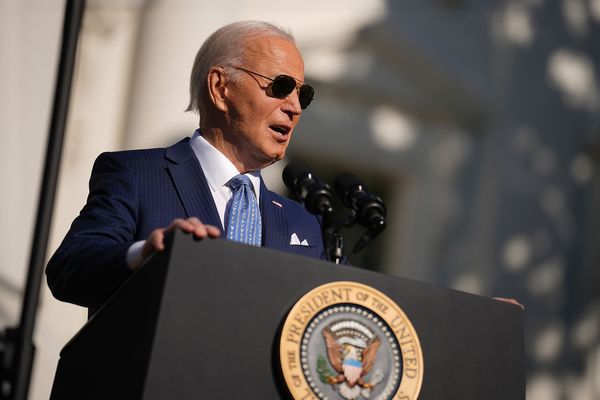
Australia’s 2022-23 Antarctic season has officially launched with a mission to find a 1 million-year-old ice core. The “deep-field science” drill (a whole 2800 metres deep) on the Antarctica plateau is one of two projects announced by the Australian Antarctic Program in a bid to better understand climate change past and future.
“This is science on a grand scale and so vital to understand, not just our climate history, but how we adapt and respond to the future environment,” Australian Antarctic Division (AAD) general manager Charlton Clark told a press conference on Tuesday.
It’s been dubbed the most ambitious Australian undertaking in 20 years, but it’s not Australia-exclusive. Other countries — including Japan, Russia, China, the US, South Korea, and a consortium of nations in the EU bloc — are also looking to land a deep ice core with a million years to its name. So is Australia playing singles or sharing the science?
AAD paleoclimatologist and co-chair of International Partnerships in Ice Core Sciences (IPICS) Dr Tas van Ommen told Crikey that there’s international consensus the million dollar question — how climate has, and therefore will, change — cannot be solved with a single million-year-old ice core; it’s a matter for multiple drills. The fastest and most efficient way to achieve this is for individual nations to concurrently pursue their own projects.
“Of course, there’s bragging rights if you get the furthest back or you get there first, but it’s just too big for any one nation to dig on its own,” he said.
“Fortunately, the money we received has allowed Australia to take the lead, but this shouldn’t disguise the fact that it’s enormously collaborative. Generally, your specialty is someone else’s weakness.”
Van Ommen calls it a “friendly rivalry” that speeds up the process of scientific discovery: “We can’t afford to sit around and use the next five years to drill a single ice core, then make a start on the next. At the end of the day, we need answers, and we need answers fast.”
The answer scientists seek is why ice ages shifted from a 41,000-year cycle to once every 100,000 years. There’s 800,000 years of history held in the 2004 European Project for Ice Coring in Antarctica (EPICA), but that’s not time-travel enough to understand the change. The climate shift is believed to have happened around 1 million years ago.
Australia has long been on the front foot of ice core exploration in Antarctica, with airborne surveillance identifying drill spots likely to contain ice that backdates one million years. The nominated site is high up on the Antarctic plateau and goes by Little Dome C. Starting in November, Australia will be drilling alongside a separate European team.
“There’ll be Sunday soccer matches between the Europeans and the Australians up on the ice,” said van Ommen. “There’ll be drillers that work across both sites. They’re badged as national or regional efforts, but they’re very much hand in glove international achievements.”
So is the balmy minus-20-degree summer of science set to be all smiles?
Van Ommen says there are nations that prefer to plug away on their own: the “usual suspects” of Russia and China, as well as the US, who is well behind the eight ball in the race to drill for old ice — their projected start date is not until 2028-29.
But even “apparent enemies” have capacity to come together in times of turmoil, said Flinders University Senior Research Fellow and Antarctica expert Dr Alessandro Antonello. “When emergencies happen, cooperation is instant and always given,” he said referring to the medical evacuation of an Australian in 2020. “China helped out massively with that.”
Although positive, Antonello said cooperation has some way to go: “Antarctic exploration is still mostly a rich, white country club. The nations doing the best research are the big, wealthy carbon emitters. The best thing they could do for Antarctica is not necessarily research but focus on cutting carbon emissions.”







